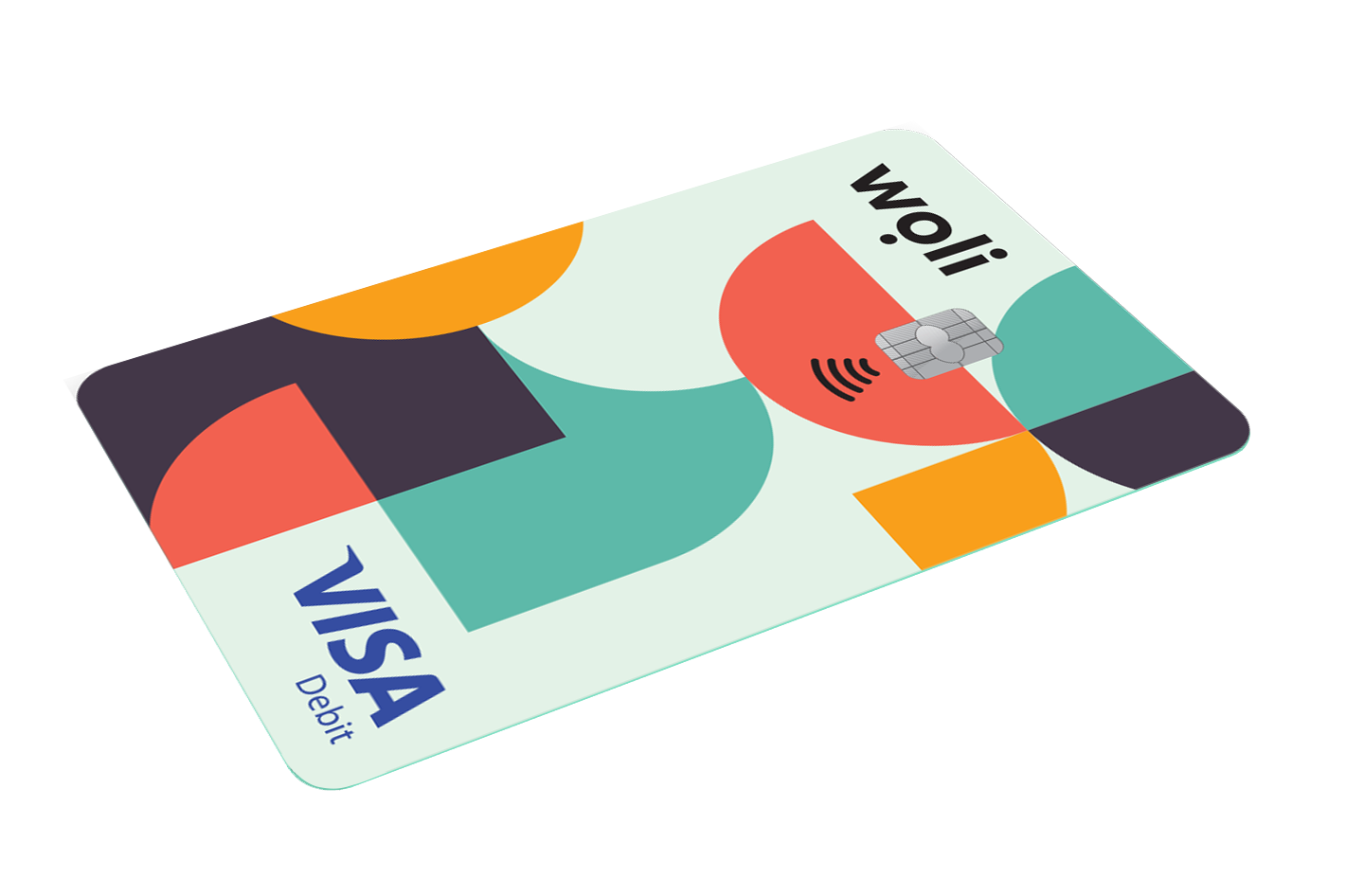Time is an immaterial resource around which we organize our lives. Its proper management is something that affects us from the moment we come to life and it becomes more and more difficult, since our obligations and desires typically increase as we grow older. For teenagers, the skill of organizing time is an invaluable asset that will accompany them in their adult life, contributing to the reduction of stress and improving its quality.
For their part, parents, recognizing the importance of this skill, can use certain techniques in order to help adolescents in the proper management of their time. Let’s look at a few:
- Do not remind your children what to do and when. Instead, you can remind them of the consequences of not performing an obligation. Let them take responsibility for whether and when they will carry it out. By shifting the reminder, you are shifting the responsibility to teenagers, helping them feel that these obligations concern them directly.
- Reduce the unnecessary use of electronic devices in cases where they work disruptively. Screens and social media are now part of teenage life as they are a means of networking and socialization. Many times, however, they occupy a large space in the life of adolescents. You don’t have to banthem. But you can put some barriers to their usage. You can say, for example, that kids should not have the mobile near them when they read.
- Observe which times of the day your children are most productive. Not all people have the same biorhythm. Get the teenagers to notice themselves and urge them to do the most important things in that period of time when they feel most efficient.
- Fight procrastination! Work is like a difficult road. You want it to go uphill at the beginning when you still have stamina and not at the end when fatigue prevails. Have a conversation with your children about how procrastination has worked for you and how to finish a task on time.
- Help them prioritize their tasks. Ask them to record their obligations, tasks, activities and what they would like to do in the coming week and ask them to divide them first into days and then into hours according to their importance but also according to their most productive time slots.
- Explain to them that no matter how much we organize ourselves, some things can sometimes be left behind. But it is important that what is urgent or a priority has been done and that what is more flexible is passed on.
- Make it clear to them that it is very important for their life quality to allow moments for enjoyment, relaxation and connection with friends.
By controlling our time we control our lives, as our lives are nothing but moments on a timeline. The less we control time , the more we feel that others are responsible for what is happening to us. Proper time management is therefore more than just a breakdown of tasks at specific intervals. It is the feeling that we are masters of ourselves, of time and of our lives.









